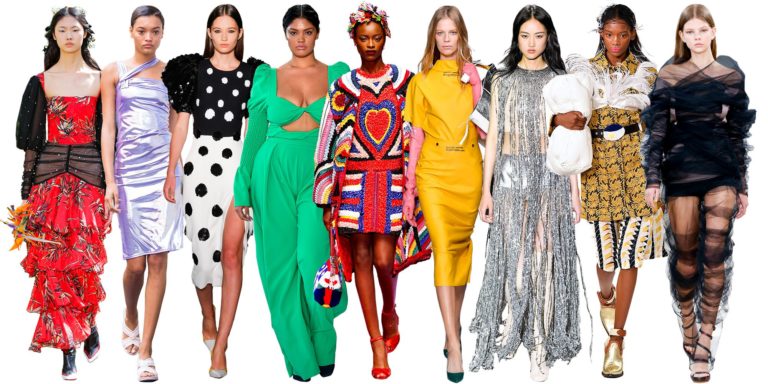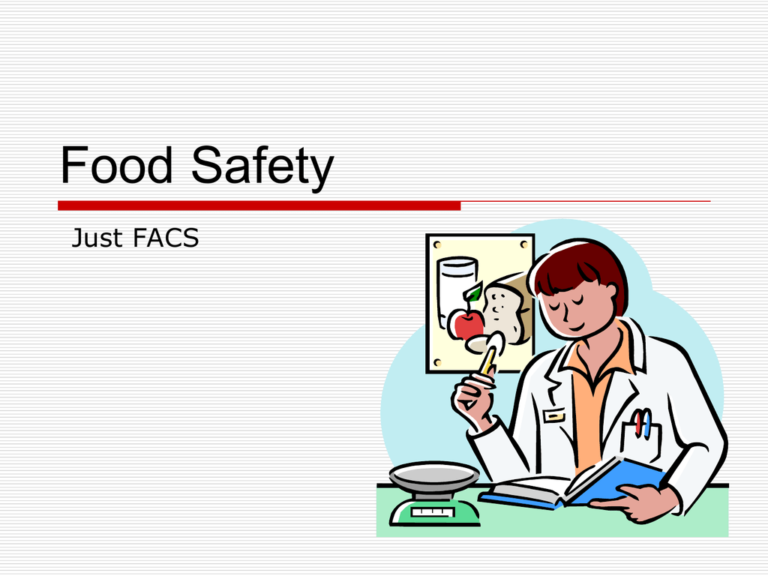Holiday crowds are good for business — but not for retail workers
“The arrangements are alluring, yet this is life and demise for many individuals,” one retail worker said. “Having the privilege to go out on the town to shop on Black Friday is extraordinary when it is anything but a pandemic. At the point when it will be, it’s imperative to consider people other than yourself.”
By Leticia Miranda
The current year’s vacation shopping season is relied upon to acquire record deals — constraining numerous retail workers to the cutting edges of the pandemic, frequently without danger pay, regardless of another flood of Covid diseases.
“Retail workers experience uplifted pressure a lot during the Christmas season, even on typical occasions. In any case, this year, that pressure is dramatically expanded in light of the genuine wellbeing and dangers coming about because of the pandemic,” Stuart Appelbaum, leader of the Retail, Wholesale and Department Store Union, said in an articulation.
“Workers are out in the open confronting occupations; and they communicate with bigger quantities of clients during the Christmas season, taking a chance with their own presentation to Covid-19 just as perhaps bringing it home to their families,” he said.
Around 190 million people shopped over Black Friday and Cyber Monday weekend a year ago, as per the National Retail Federation. While that number is required to be somewhere around 43 percent this year, that implies a great many people will journey to a store out of custom or to grab an arrangement.
“A few things have not changed, for example, the resilience of marked minutes like Black Friday. We expect record purchasing through Thanksgiving weekend. Customers have been molded to expect arrangements and set aside cash, and retailers will meet the call,” Taylor Schreiner, head of Adobe Digital Insights retail examination, said Tuesday.
While this may come as uplifting news for physical stores that have been squashed by the pandemic, retail workers are anxious about the likely invasion of enthusiastic customers — a large number of whom don’t generally keep social separating and veil rules.
Alyssa Kinchen, a partner at Victoria’s Secret source store in Baton Rouge, Louisiana, is booked to work 5 a.m. through 2 p.m. Black Friday. The organization is restricting 75 people all at once, yet she said clients frequently don’t keep their covers on, which adds to her dread that she could get the infection and pass it to her grandparents.
“I have no clue about how bustling it will be,” she disclosed to NBC News. “I may get [the virus] yet I’m concerned nobody [shopping at the store] cares.”
L Brands, the parent organization of Victoria’s Secret, didn’t react to a solicitation for input.
While the pandemic has squashed a few retailers, it has lifted others. From Walmart to Target, the nation’s top retailers have acquired an extra $16.9 billion in benefit on average this year from a year ago as stock costs took off upwards by 33 percent, as indicated by an examination by the Brookings Institution. In any case, among those organizations, workers got an average salary raise of just $1.11 every hour since the pandemic started.
In spring, at the Covid emergency’s height, retailers turned out “danger pay” to store representatives who worked through the pandemic. In any case, large numbers of those organizations have since ceased that pay — even as their stock costs took off.
Kroger at first gave workers a $2 every hour raise, yet later changed its risk pay program to a one-time pay reward and two individual honors of $100 in-store credit. However, in September, the staple chain purchased $1 billion worth of its stock in an offer buyback. In general, organizations will do when they have money close by while the securities exchange is stable.
“We keep on tuning in to our partners and find a way to guarantee their wellbeing and prosperity,” the organization said in an explanation.
Amazon additionally cut back on its $2 an hour danger pay at its stockrooms and satisfaction focuses, notwithstanding observing its offers take off by almost 100% since the pandemic hit.
Amazon didn’t restore a solicitation for input.
Walmart decided not to offer peril pay but preferably twice gave a money reward to partners — a sum that a few workers said isn’t sufficient to cover the danger they take to keep stores running.
“It should be an hourly raise for the term of the pandemic,” one Walmart partner told the Brookings Institution. “For a great deal of these people working out there, four or five days every week, eight hours per day, taking a chance with their carries on with so much, given how the infection is spreading in the nation, $2 to $3 extra an hour is a beginning. I don’t have any acquaintance with it is the appropriate response, yet it is much in a way that is better than what we are getting now.”
As deals took off and shares hit record highs in September, the organization burned through $500 million repurchasing its stock.
Walmart didn’t quickly react to a solicitation for input.
“They’re putting benefit over people and not organizing our security,” Melissa Love, a Walmart partner in Long Beach, California, said.
Associations including United for Respect, a philanthropic work gathering, have approached retailers including Amazon, Walmart, and Petco to pay an extra $5 an hour to representatives through the pandemic. Love, booked to work Black Friday, said this extra pay could go far with workers who are loading passageways and working at the sales registers in stuffed stores during the bustling Christmas season.
“You have many individuals jamming in the store now,” she said. “They’re not stressed over wellbeing.”
Numerous retail workers state they must choose the option to chance becoming ill. One all-day worker at a PetSmart in Fort Wayne, Indiana, who requested to stay mysterious out of dread of the counter, said he’s stressed over working Black Friday morning and not getting danger pay.
“Having the privilege to go out to shop on Black Friday is extraordinary when it is anything but a pandemic,” he said. “At the point when it will be, it’s critical to consider people other than yourself.”
PetSmart said it had paid more than $30 million in “thank-you rewards” to workers, just as medical care charges and advantages. It likewise put $1 million of every organization asset to help workers confront the individual or monetary difficulties. Be that as it may, these ventures don’t add up to pay.
The PetSmart representative said that he couldn’t keep above the water for $11 60 minutes. He lives with his sibling and sister-in-law, and they all pool accounts to cover their costs.
“The [Black Friday] bargains are tempting,” he said. “However, this is life and passing for many individuals.







